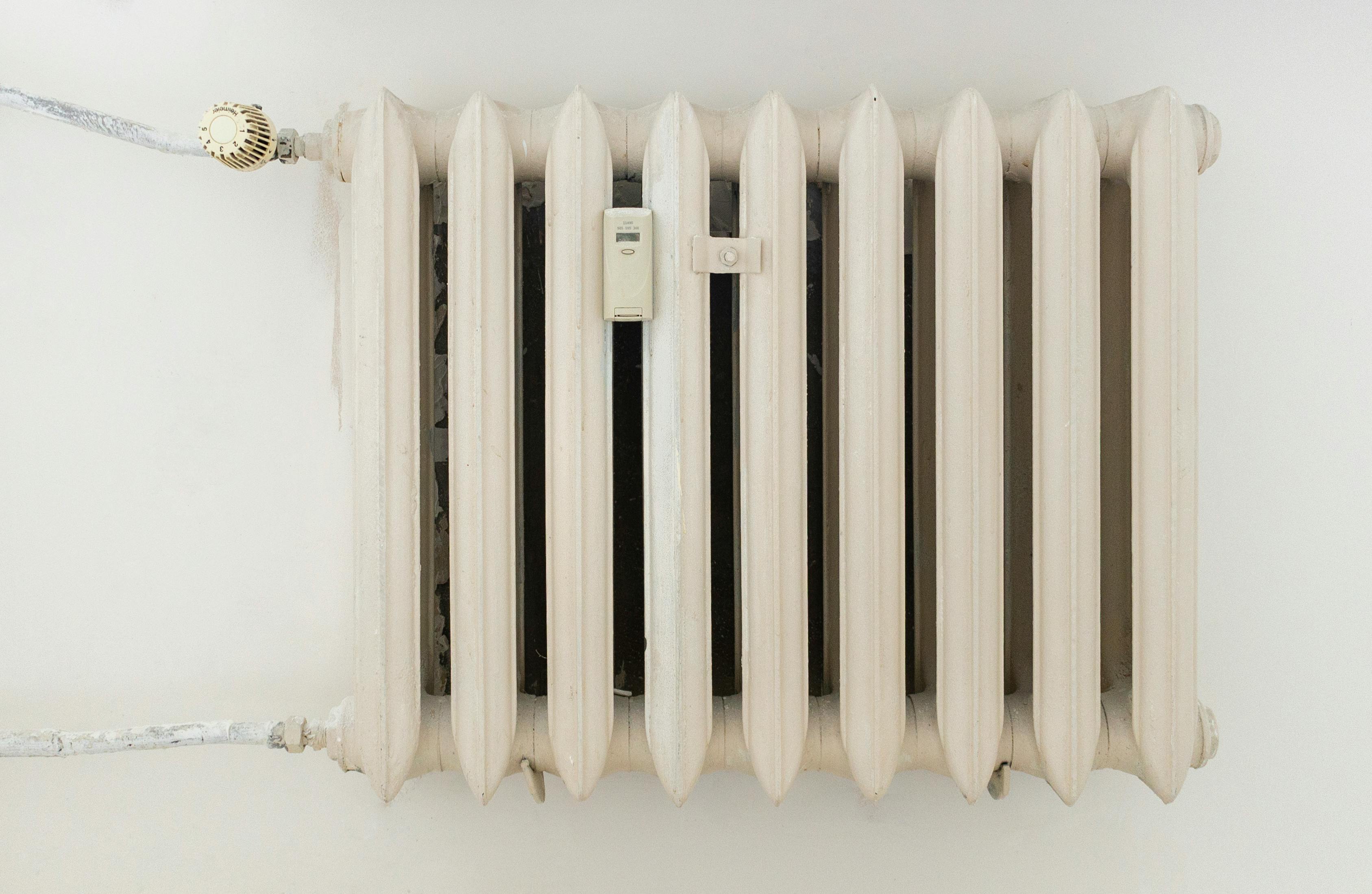Understanding Depression Tests: Types, Uses, and Importance
Depression tests are valuable tools used to assess and identify symptoms of depression in individuals. These standardized questionnaires help healthcare professionals evaluate the severity of depressive symptoms and guide treatment decisions. While not a substitute for professional diagnosis, depression tests can provide insights into one's mental health and prompt seeking appropriate care.

What is a Depression Test and How Does It Work?
A depression test is a screening tool designed to measure the presence and severity of depressive symptoms. Typically, these tests consist of a series of questions about mood, behavior, and physical symptoms experienced over a specific time period. Respondents answer based on the frequency or intensity of these experiences, and their responses are scored to determine the likelihood and severity of depression.
Depression tests can be self-administered or conducted by healthcare professionals. They often use standardized scales, such as the Patient Health Questionnaire-9 (PHQ-9) or the Beck Depression Inventory (BDI), which have been validated through extensive research. The results of these tests help clinicians assess the need for further evaluation or treatment.
How Accurate Are Depression Tests?
Depression tests are generally considered reliable screening tools, but their accuracy can vary. Factors such as the specific test used, the individual’s honesty in answering questions, and the presence of other mental health conditions can influence results. It’s important to note that these tests are not diagnostic on their own and should be used in conjunction with a professional evaluation.
Studies have shown that widely used depression tests like the PHQ-9 have good sensitivity and specificity. However, false positives and false negatives can occur. For this reason, test results should always be interpreted by a qualified healthcare provider who can consider other factors and conduct a comprehensive assessment.
What is a Bipolar Depression Test?
A bipolar depression test is a specialized screening tool designed to assess symptoms of bipolar disorder, which includes both depressive and manic episodes. These tests aim to differentiate between unipolar depression and bipolar disorder, as the treatments for these conditions differ significantly.
Bipolar depression tests often include questions about mood swings, energy levels, and behaviors associated with manic or hypomanic episodes. Common screening tools for bipolar disorder include the Mood Disorder Questionnaire (MDQ) and the Bipolar Spectrum Diagnostic Scale (BSDS). Like other depression tests, these are not diagnostic on their own but can guide further clinical evaluation.
How Do Depression and Anxiety Tests Differ?
Depression and anxiety tests are designed to assess different but often overlapping mental health conditions. While depression tests focus on symptoms like persistent sadness, loss of interest, and changes in sleep or appetite, anxiety tests evaluate symptoms such as excessive worry, restlessness, and physical tension.
Some screening tools, like the Depression Anxiety Stress Scales (DASS), are designed to assess both depression and anxiety symptoms simultaneously. These combined tests can be particularly useful as depression and anxiety often co-occur. Healthcare providers may use separate or combined tests depending on the individual’s presenting symptoms and concerns.
Are There Specific Depression Tests for Teens?
Yes, there are depression tests specifically designed for adolescents. These tests take into account the unique ways depression may manifest in teenagers and the developmental factors that can influence their experiences and responses. Some commonly used depression tests for teens include:
-
The Reynolds Adolescent Depression Scale (RADS)
-
The Kutcher Adolescent Depression Scale (KADS)
-
The Child Depression Inventory (CDI)
These tests are typically shorter and use language that is more relatable to teenagers. They may also include questions about school performance, peer relationships, and family dynamics, which are particularly relevant to adolescent experiences of depression.
What is a Stress Anxiety Depression Test?
A stress anxiety depression test is a comprehensive screening tool that assesses symptoms of stress, anxiety, and depression simultaneously. These tests recognize that these three conditions often overlap and can exacerbate each other. The Depression Anxiety Stress Scales (DASS) is a widely used example of such a test.
These combined tests typically include questions about:
-
Depressive symptoms (e.g., sadness, hopelessness)
-
Anxiety symptoms (e.g., worry, panic)
-
Stress-related symptoms (e.g., tension, irritability)
By evaluating all three areas, healthcare providers can gain a more complete picture of an individual’s mental health and tailor interventions accordingly. However, as with all screening tools, results should be interpreted by a qualified professional in the context of a comprehensive assessment.
Depression tests serve as valuable tools for initial screening and monitoring of depressive symptoms. While they cannot replace professional diagnosis, they play a crucial role in identifying individuals who may benefit from further evaluation and support. Whether assessing general depression, bipolar depression, or co-occurring anxiety and stress, these tests provide a structured approach to understanding and addressing mental health concerns. It’s important to remember that seeking professional help is essential for accurate diagnosis and appropriate treatment of depression and related conditions.
This article is for informational purposes only and should not be considered medical advice. Please consult a qualified healthcare professional for personalized guidance and treatment.




